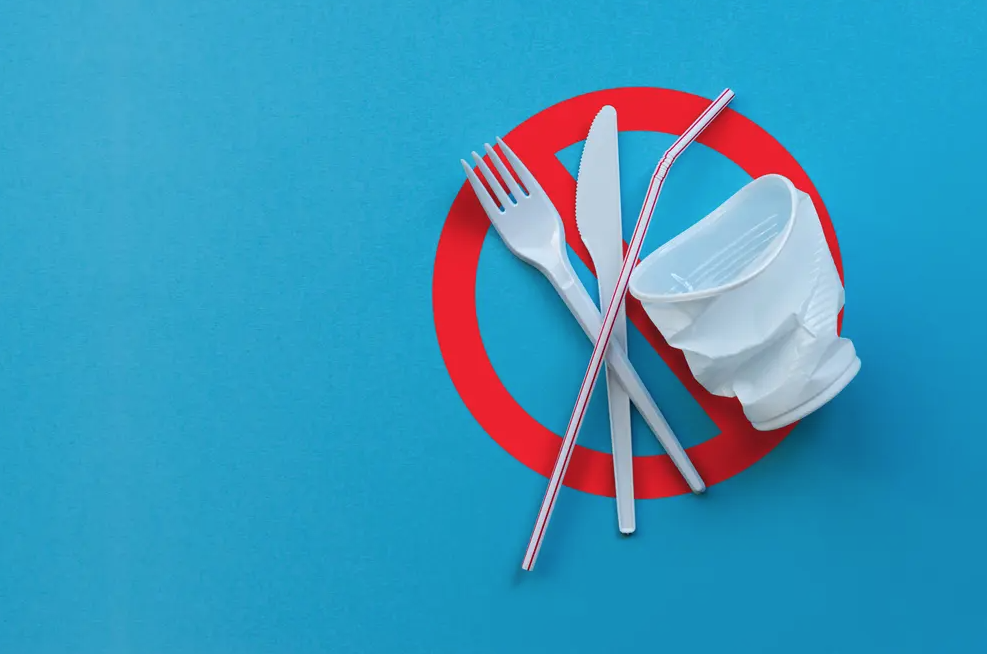The ban on disposable plastic includes plates, bowls, glasses, cutlery and other materials hyper-used in the country
As of today, in England it is no longer possible to sell bowls, cutlery, plates, glasses and disposable plastic fast food containers. On 1 October, the ban on single-use plastic entered into force throughout Italy.
Announced last January, today the measure becomes reality, without discounts. All these products will no longer be supplied to the public by any commercial activity, including supermarkets, takeaways, grocery stores and hotels.
The ban will apply to online and over-the-counter sales and will cover both new stocks and existing supplies. In addition, it covers all types of disposable plastics, including biodegradable, compostable, recycled plastics, and articles that are entirely or partially made or coated with plastic. The exemptions are clearly listed on the government website and companies that violate the ban on disposable plastic after the entry into force of the legislation risk penalties.
According to government data, about 721 million disposable plates and over 2.7 billion plastic cutlery are used in England each year. The vast majority of these products cannot be recycled and take centuries to biodegrade in landfills.
The disposable veto targets this problem, and is part of a broader strategy to eliminate “avoidable” plastic waste by 2042.
The reactions are mixed: according to the representatives of the companies, this measure is too drastic and requires difficult adaptation to the private sector. Some companies are not even aware of the entry into force of the ban. For environmentalists, however, it is too unambitious and should have included a wider range of products.
In any case, companies must now find alternatives. They can leverage the growing awareness of citizens, who are increasingly equipped with glasses or “travel” bottles. They can invest in washable and reusable packaging, try vacuum schemes to make, or on materials other than plastic.

